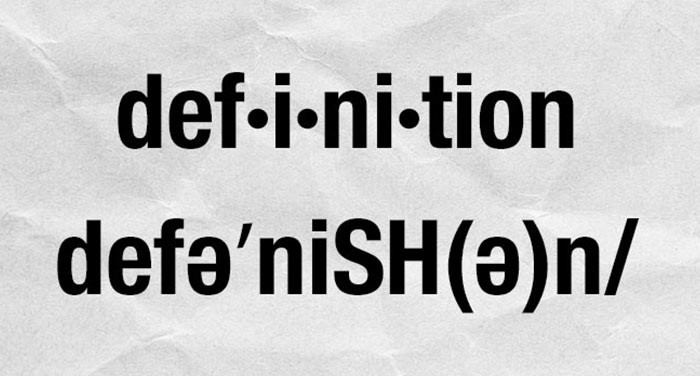
41 years ago, when I started my career in sales, marketing and thought leadership, I became fixated, if only for a short time, on the numerous definitions of marketing. From Ogilvy and Kotler to Leo Burnett and the American Marketing Association (who better to know what marketing is), there was just no rhyme, reason or consistency in the definitions. In fact, to this day, the AMA definition of marketing, which I’m a member in good-standing, makes little sense to me. Marketing is the activity, set of institutions, and processes for creating, communicating, delivering, and exchanging offerings that have value for customers, clients, partners, and society at large.
Really?
Substitute Marketing with public relations, communications, product innovation, eCommerce, poetry, jazz, music, dance and photography and you have an apt definition for all of it. Isn’t it just like us marketers to want to take credit for everything?
Therein lies the problem with definitions; we cast the widest net possible in hopes that we include all possibilities, factors and interests as to not isolate anyone or anything. It reminds me of the ancient proverb, he who proves too much ends up proving nothing at all.
I have found the same issues surrounding the definitions of thought leadership. Here’s my least favorite definition compliments of Forbes Magazine: A thought leader is an individual or firm that significantly profits from being recognized as such.
In the celebrated words of John McEnroe, “You cannot be serious.”
Forbes Magazine couldn’t be more wrong. In any business activity, as Peter Drucker alluded to, profit isn’t an objective, it’s a requirement, but to even imagine that thought leadership begins and ends with making a buck is boneheaded. Further, to put treasury ahead of trust and loot in front of leadership is like Forbes Magazine saying we’re going to put the jack before the journalism. It’s a total disservice to every thought leader who has busted their chops to provide businesses with an understanding of the Disciplines of Market Leadership, corporate ethics and the value of critical insights.
That said, here’s my definition of thought leadership:
“When thought leadership is presented in the right place, at the right time, and in the right light it adds relevant differentiation, respect, trust, and the enviable position of being knowledgeable and resourceful to an organization’s purpose. Thought leaders produce critical insights that help businesses understand the behaviors of their audience from hesitancy to consideration and from affinity to preference, and all touch points in between.”
Not surprisingly, I prefer my definition to the one from our friends at Forbes.